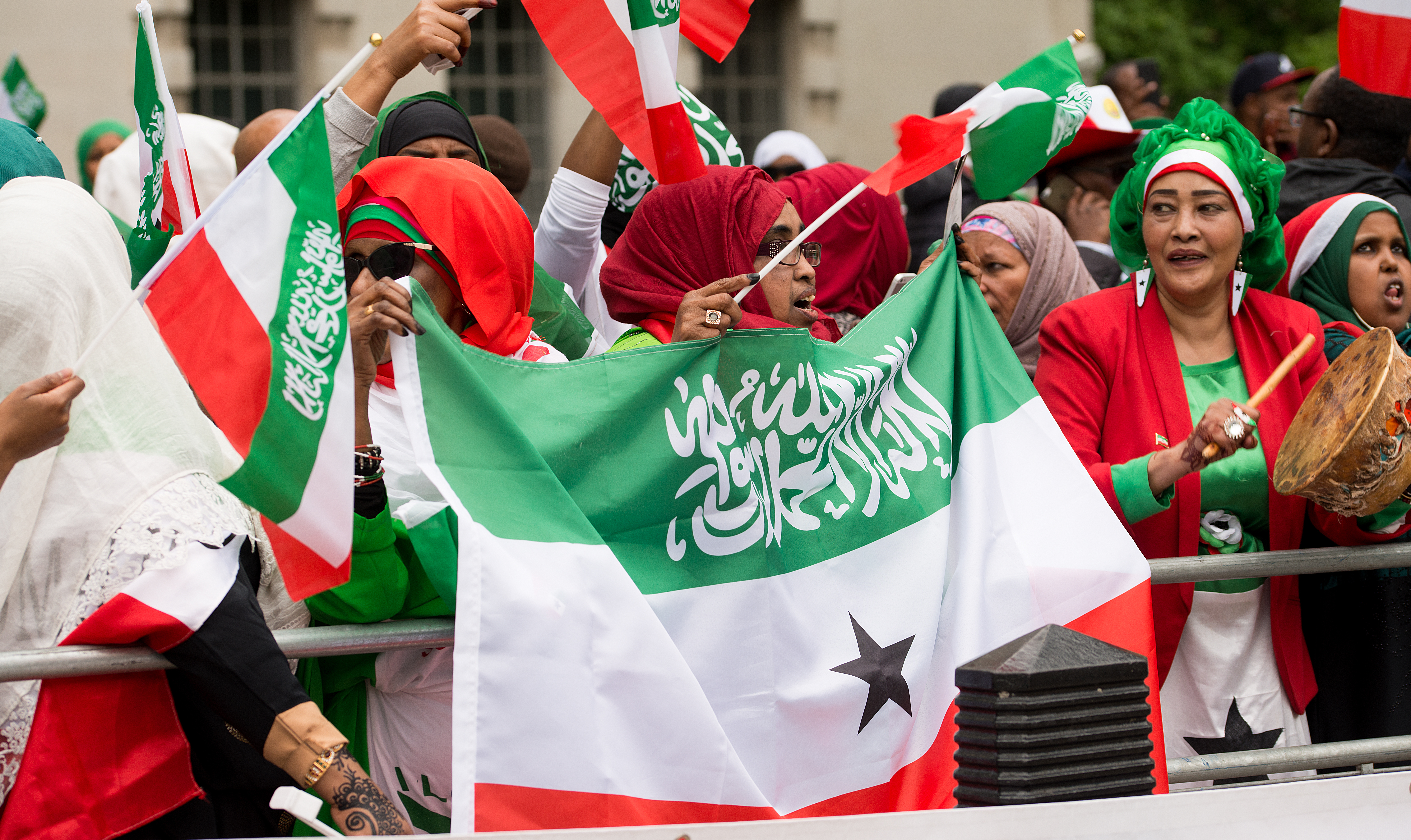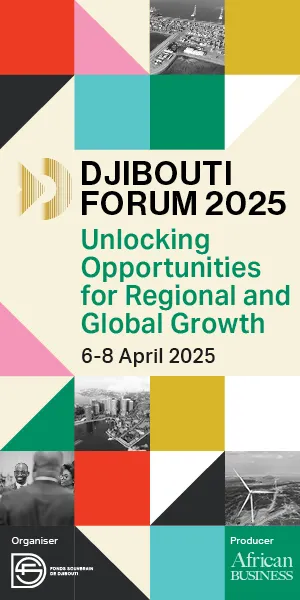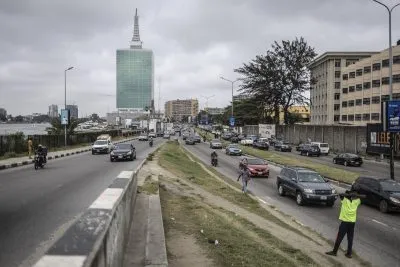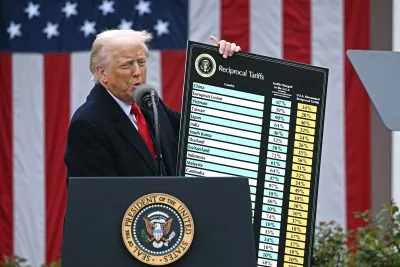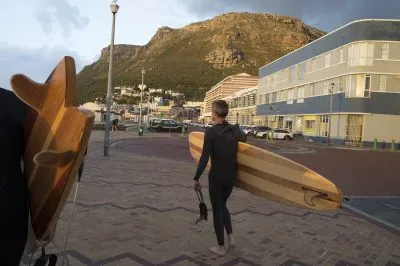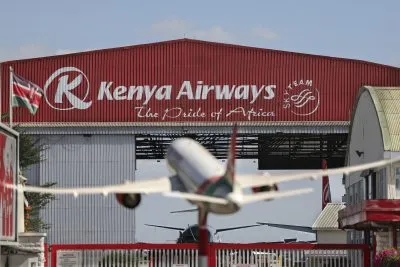Until recently the dusty streets of Somaliland’s capital city of Hargeisa were without a diplomatic neighbourhood. The semi-autonomous country, which unilaterally declared independence from Somalia in 1991, has struggled to gain recognition from the international community as a sovereign state.
However, recent bilateral developments have emboldened Somaliland’s dreams of independence and boosted hopes of a windfall of trade and investment opportunities.
Kenya, the UAE and Taiwan have each expanded their diplomatic presence in Somaliland over the last few months, adding to consulates from Djibouti, Ethiopia and Turkey. The UK and Denmark also have liaison offices, while Egypt is in the process of establishing a representative office and a proposed military base.
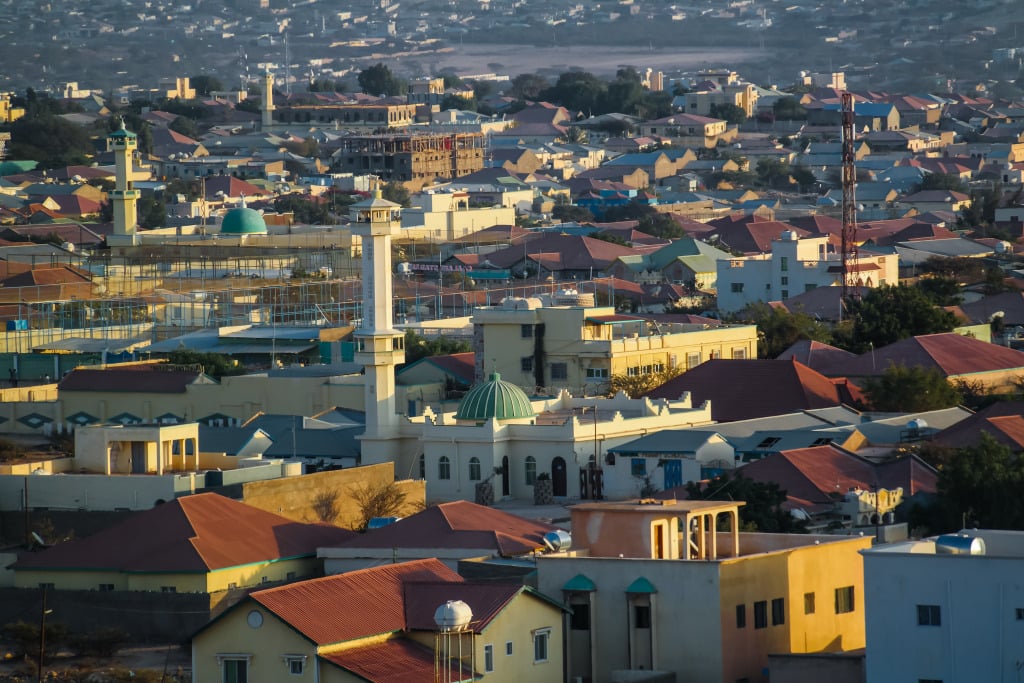
New partners
The flurry of activity is a result of shifting alliances in the region and Somaliland’s strategic position on the Gulf of Aden, one of the busiest shipping lanes in the world.
“Almost 30% of trade in the world crosses through the Gulf of Aden,” says Mohamed Awad, Somaliland’s minister of investment promotion. “We are positioning ourselves as the gateway to Africa.”
Taiwan, which has parallels with Somaliland as a breakaway region of China, is set to build a military base in the country after the establishment of diplomatic ties. The move angered China, which responded by strengthening its relations with Somalia and agreeing to conduct joint naval patrols in the Red Sea.
Somalia also railed against Taiwan for not going through the proper channels in Mogadishu, stating that that it will take “necessary measures under international law to protect the nation’s unity”.
The Gulf of Aden and the Red Sea are peppered with military bases as big powers seek to gain a foothold in a region of great geopolitical importance. China and the US both have sizeable bases in neighbouring Djibouti. Turkey’s largest overseas military base, Camp Turksom, is in Somalia.
Meanwhile, Kenya and Egypt have turned to Somaliland. Egypt is reportedly looking to bolster its military presence south of its borders as it finds itself positioned against Ethiopia in the ongoing dispute over the Grand Ethiopian Renaissance Dam (GERD).
Kenya is moving closer to Somaliland as the fallout from a dispute with Somalia over maritime territory that could hold substantial oil and gas reserves continues. The East African nation pulled out of hearings to resolve the dispute at the International Court of Justice in March, accusing the court of bias towards Somalia.
New friendship with Kenya
Somaliland’s President Muse Abdi visited Nairobi in December, in a move that angered Somalia. Mogadishu cut ties with Kenya the following day. But the new friendship with Kenya is expected to lead to increased trade and is a positive step towards Somaliland’s international recognition.
“We want to build relations with Kenya, looking for business and trade,” says Guled Harun Ibrahim, CEO of the Hargeisa-based investment advisory Guul Group. “Kenya is a hub in terms of the international community, so I think it will open doors for us.”
The two countries are expected to cooperate in areas including farming, education and minerals. Kenya Airways will operate direct flights to Hargeisa, and Kenya will not only recognise Somaliland travel documents but also enable the acquisition of visas on arrival. Somali citizens still have to apply for visas in advance.
Kenya is looking for new markets for its miraa, or khat – a mild stimulant commonly chewed in the region. Kenya used to export millions of dollars’ worth of khat each year to Somalia before Mogadishu stopped imports last year as international flights were suspended due to Covid-19.

When flights resumed, Somalia continued the restrictions due to the growing tension between the two countries. Though the ban has now been lifted, Kenya is looking for new buyers given that punitive measures could easily be restored at any moment.
Back in 2016, the governor of Meru County, which is where Kenya grows its khat, went to Somaliland and discussed the possibility of diplomatic recognition in return for lowering tariffs on the product.
UAE appoints ambassador
The UAE has also strengthened ties with Somaliland over recent months. In March, Somaliland received the credentials of Emirati diplomat Abdulla Alnaqbi as ambassador, cementing the relationship between the countries and taking it to a higher level.
In contrast with Somalia, which is backed by Turkey and Qatar, Somaliland has long been a favourite for Emirati investment in the region. The $440m expansion of Somaliland’s Berbera port is being undertaken by the Dubai-based company DP World and represents the biggest foreign investment in the country since it declared independence.
The enormous construction could bring great benefits to Somaliland as it positions itself as a logistics hub for the surrounding region.
“It’s bigger than the other ports in East Africa,” says minister Awad. “Mombasa and Dar es Salaam, these ports are very congested. The clearing times in Berbera will be much quicker. From Berbera to Mumbai is going to be much quicker than from Mumbai to Dar es Salaam.”
The port is also expecting a lot of trade from neighbouring Ethiopia which is currently reliant on Djibouti for all imports and exports.
“At times, it can take around six months for a container to pass through Djibouti,” says Guul’s Ibrahim. “We are expecting about 30% of Ethiopia’s import-export to come through Berbera.”
Somaliland is also hoping to attract investment to build a transport link dubbed the “Berbera corridor” which will link the port to Ethiopia by railway. Ibrahim believes that the port and the accompanying free zone will attract over 1,500 companies.
Attracting investment
To counter the difficulties of attracting investment as an unrecognised country, Somaliland has tried to sweeten the deal for investors by creating a good enabling and macroeconomic environment.
The country of around 4m people boasts a relatively stable political system, with five presidents in 30 years. It also has one of the lowest corporate tax rates in the world and a visa on arrival system.
“If you see any businesses who are struggling, it is not due to the burden of tax and government regulations,” says Awad. The government is currently trying to expand its tax base so it can invest in power and road infrastructure to reduce the cost of doing business for foreign companies, he says.
With a relatively undeveloped private sector, the government is hoping to attract companies to agriculture, mining, energy and the blue economy. For example, Somaliland is currently one of the largest exporters of livestock and cattle to Gulf countries. However, the overriding issue for investors is that they cannot secure international bank guarantees while Somaliland is an unrecognised country.
“We cannot have access to international financing agencies like the IMF and World Bank if we are not a member of the UN – it is a challenge,” says Awad.
The road to recognition
Whether the recent diplomatic developments will help Somaliland move towards independence is unclear. Talks attended by European and US representatives and chaired by Ethiopia were held between Somalia and Somaliland in Djibouti last June.
However, the talks were not attended by the African Union. The organisation, which resolutely upholds the principle of respecting the territorial integrity of its member states, is a major hurdle for Somaliland independence.
Yet rather than focusing on the politics, Ibrahim believes that a thriving private sector will lay the groundwork for independence.
“If the country develops in terms of trade and investment, and a lot of international companies come in then that will help the push to recognition,” he says.
Want to continue reading? Subscribe today.
You've read all your free articles for this month! Subscribe now to enjoy full access to our content.
Digital Monthly
£8.00 / month
Receive full unlimited access to our articles, opinions, podcasts and more.
Digital Yearly
£70.00 / year
Our best value offer - save £26 and gain access to all of our digital content for an entire year!
 Sign in with Google
Sign in with Google 